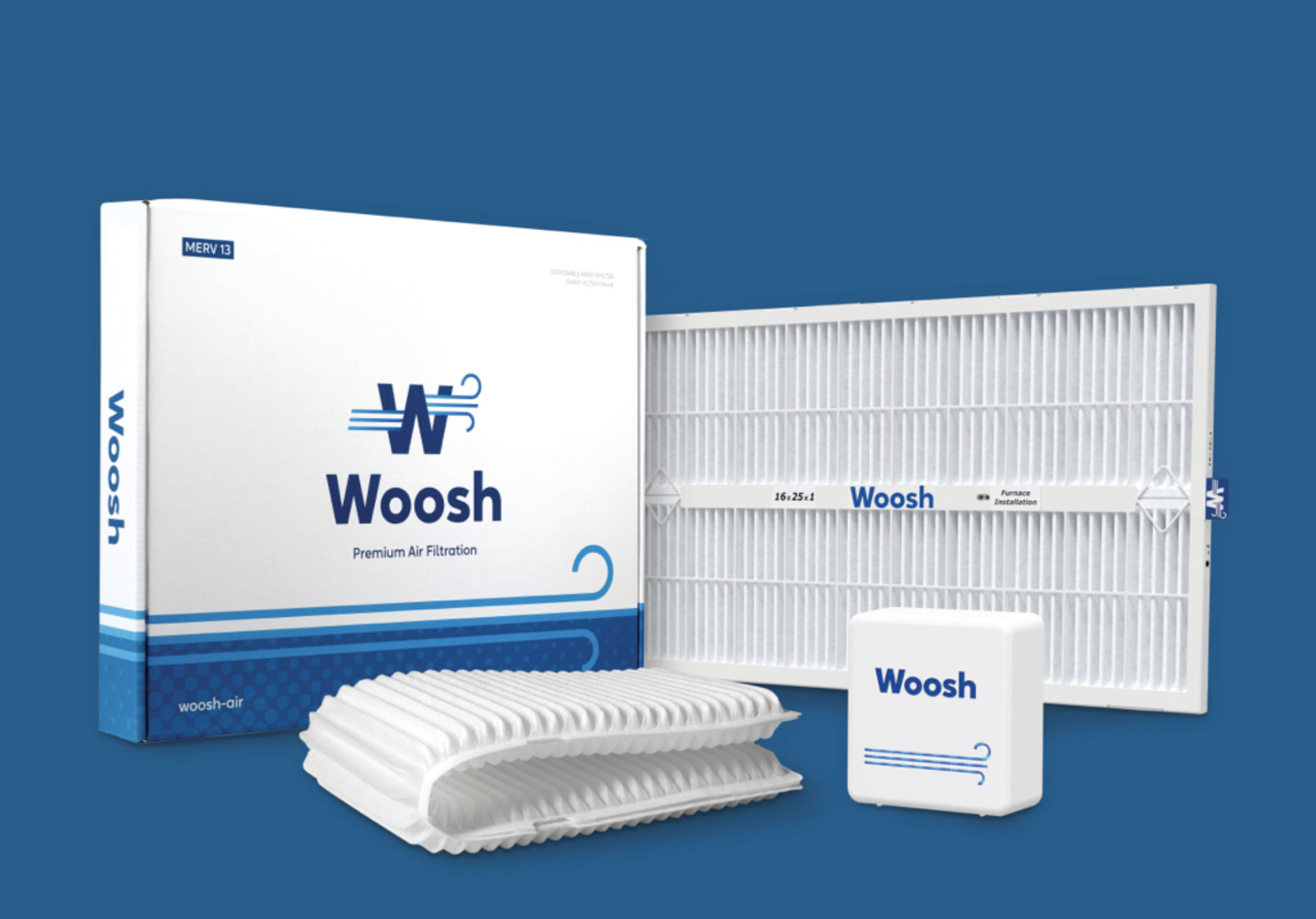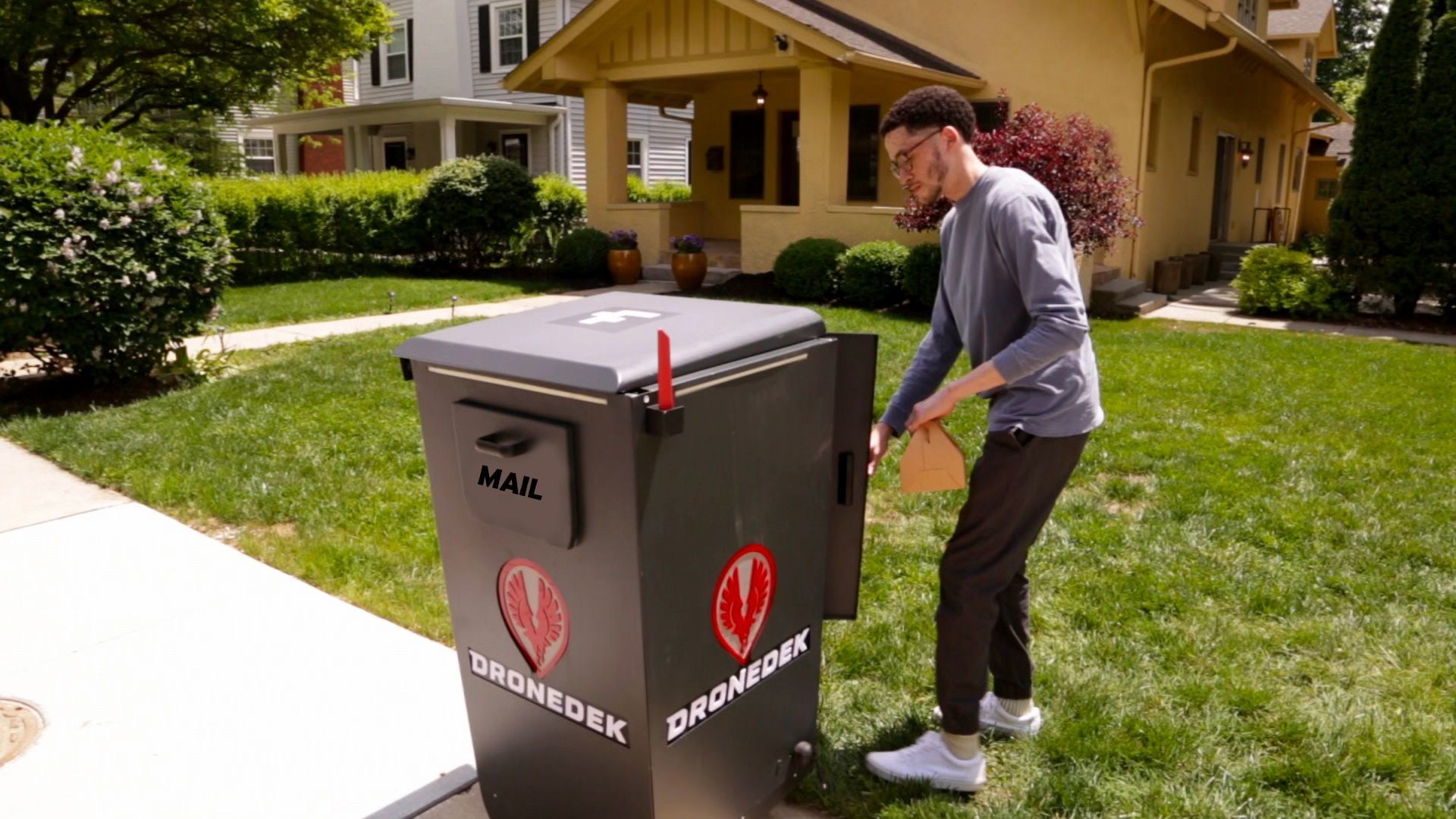This week we start off talking about the Federal Trade Commission suing a data broker for sharing sensitive location data. It’s a topic we’re following closely, in part because location information can’t be anonymized even when companies promise that it strips identifying information from it. With that in mind, Fight for the Future, a nonprofit focused on consumer privacy, is asking the FTC to prevent large tech firms from getting access to car data. In more data-sharing news, we talk about Adrich, a Pennsylvania company that has found some success selling Bluetooth tags that track how much of a product has been used and can reorder them for consumers. But it also shares product data usage with the company making the product. Then we kick off the IFA conference with some news bits from the Home Connectivity Alliance adding new members and a plug fest, as well as updated products from Eve. Also, Tado has created a subscription plan to optimize low-energy prices. For those interested in the evolution of the security business, check out ADT’s deal with Uber to monitor drivers and riders on request. And for those who want to understand the consolidation happening in the IoT connectivity sector, we talk about Telit’s latest acquisition. We then answer a listener question about what he needs to run Hue bulbs even when the internet is out.

This week’s guest is Winston Mok, the founder and product lead of Woosh, a company making a connected air filter. We talk about how Woosh works, its focus on sustainability, and how it plans to integrate within existing smart home services. We also talk about Mok’s decision to use Kickstarter to launch the connected air filter, a decision that would have been a no brainer back in 2014, but seems almost quaint now. Mok explains why he thinks Kickstarter was a good option for Woosh and shares some of the benefits he got from launching on the platform. He also discusses how it it helped prepare for manufacturing at scale amidst the chip shortage, and shared advice on dealing with that situation. It’s a really useful interview.
Hosts: Stacey Higginbotham and Kevin Tofel
Guest: Winston Mok, founder and product lead, Woosh
Sponsors: Infineon and Silicon Labs
- The FTC is taking action against sellers of location data
- This company can tell how quickly you eat your peanut butter
- A standard for connected appliances gets a boost
- Smart air filters? Why not?
- Is Kickstarter still relevant for launching a smart device?
Podcast: Play in new window | Download | Embed
Subscribe: RSS

